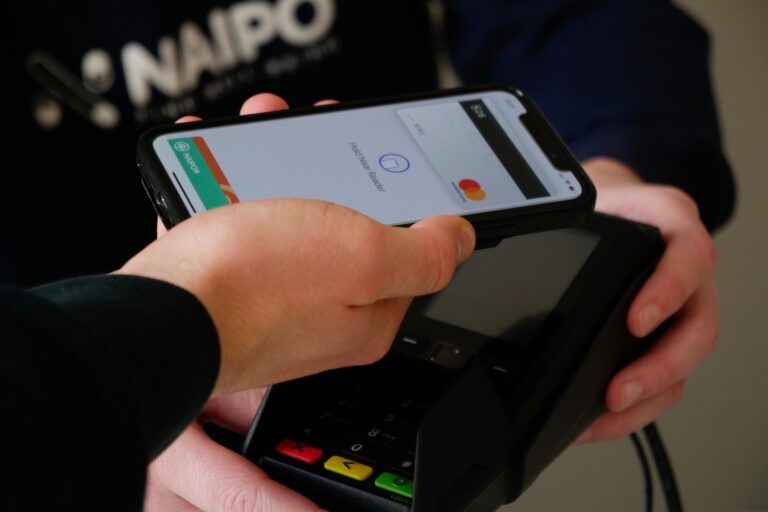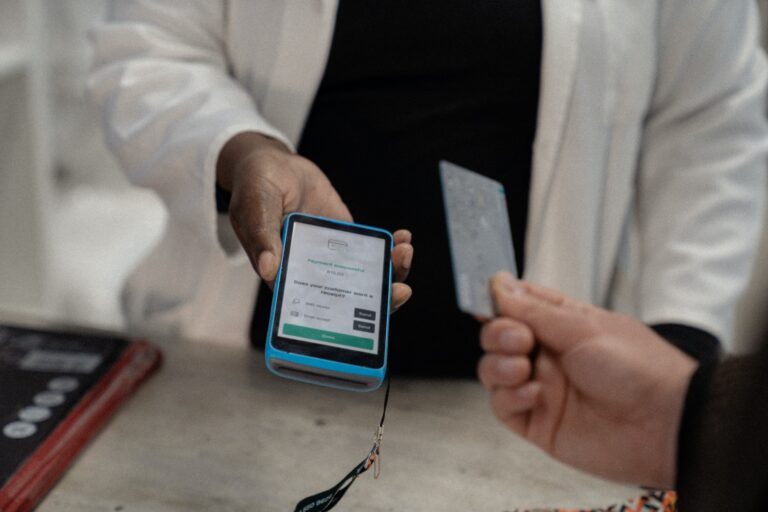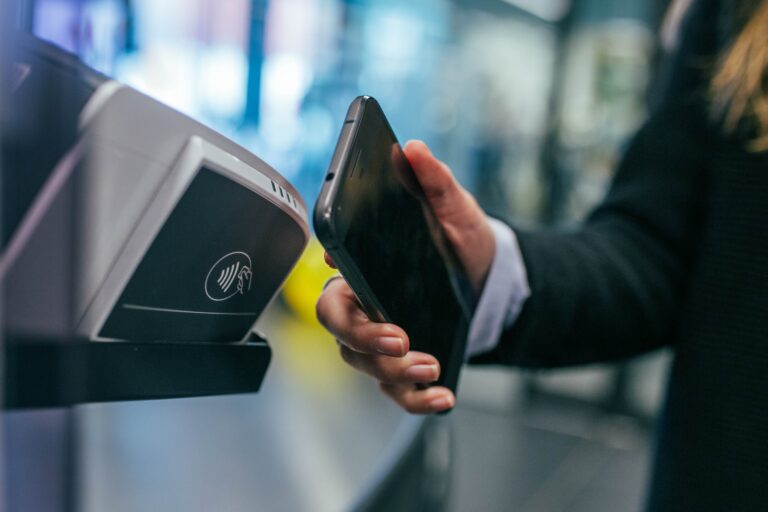According to the World Bank and the World Travel and Tourism Council, the Caribbean’s tourism industry accounts for a large share of its GDP, and the region attracts over 57 million tourist arrivals every year. It also, directly and indirectly, provides over 2.3 million jobs in the region. Interested in looking into different options to enhance the Caribbean hotel payments experience for guests? We’ll uncover how to do so in this article.
Tourism is certainly one of the Caribbean's main economic sectors as It is even referred to as 'the most tourism-dependent region worldwide.'
The Caribbean has a naturally strong tourism potential because of its large, beautiful tourist areas with diverse geographic qualities. From forests to beaches, the Caribbean definitely holds innate beauty and robust tourism advantage.
Caribbean Hotel Payments Challenges
Independent studies show that international tourists are more likely to spend money if the mode of payment is made easy and secure. When it comes to improving the travel experience in the Caribbean, there’s definitely room to grow. And for that, let’s explore some of the biggest challenges for hotels getting payment facilities in the Caribbean:
- Unable to get an online payment facility- only offline merchant accounts are available through the local banks which impede the process.
- Hotels are unable to store card details securely, thus opening up huge liability and risk.
- Hotels are unable to take deposits or check card validity before a guest is physically present.
- If using Paypal, payouts are sent in the form of a physical check and can at times, take up to 6 weeks to receive
- Hotels are unable to receive instant payouts/disbursements into their accounts
The good thing is that there already are existing payments and hotel technologies for better managing everyday hotel operations.
Property Management Systems (PMS’s) and Embedded Payments
Making use of a Property Management System (PMS) with embedded payments can generate a more refined and convenient Caribbean hotel payments experience for tourists within the region. With a PMS powered by a robust embedded payment infrastructure such as Kovena, hoteliers can process guest cards or the VCC that travel agencies supply more efficiently. Once the guest makes the booking, the VCCs will be tokenised in the PMS dashboard, and the PMS can even establish non-refundable stays which can reduce no-show rates and increase hotel room occupancy.
When it comes to security, a Kovena-powered PMS will also have an advantage since all card details will be securely stored in Kovena’s PCI Travel Vault.
By activating online payments, guests can sort payments before their arrival, which can help them have more time to enjoy as they arrive– instead of having to wait in line to make payments at the front desk. This is especially convenient during busy peak seasons.
Finally, hoteliers can improve their cash flow as they won’t have to wait for days to receive payouts and disbursements.
As a huge bonus, hoteliers also love Kovena’s white label feature, so they can offer a more branded experience to guests and generally elevate the guest’s overall travel and payment experience. This can easily encourage guests to book direct to also ditch the high fees Online Travel Agents (OTAs) charge.
Maximising technology and software integrations in the travel industry is now a crucial business imperative. By meeting customer needs and desires while keeping up with the technological advancements in other parts of the world, the Caribbean region can have a better shot at boosting growth and stability in their most lucrative sector.
The Caribbean’s full potential in terms of tourism development can be fully exploited by taking advantage of the already existing digital solutions and infrastructure. Kovena is a payment solution gearing its focus towards improving travel and tourism across the globe. If you want to start integrating efficiency and security into your existing infrastructure, contact us and we’d be happy to help you optimise your booking flow, payment processes, and operational functions.


